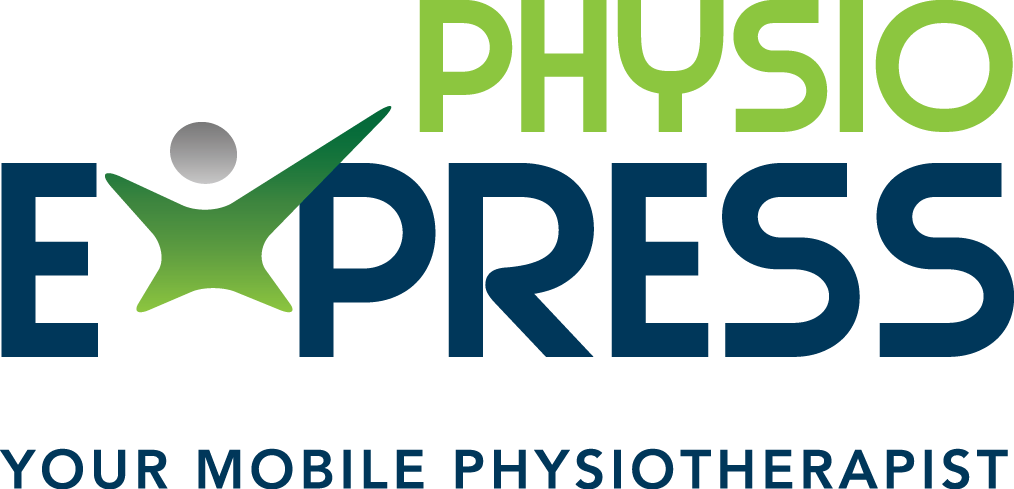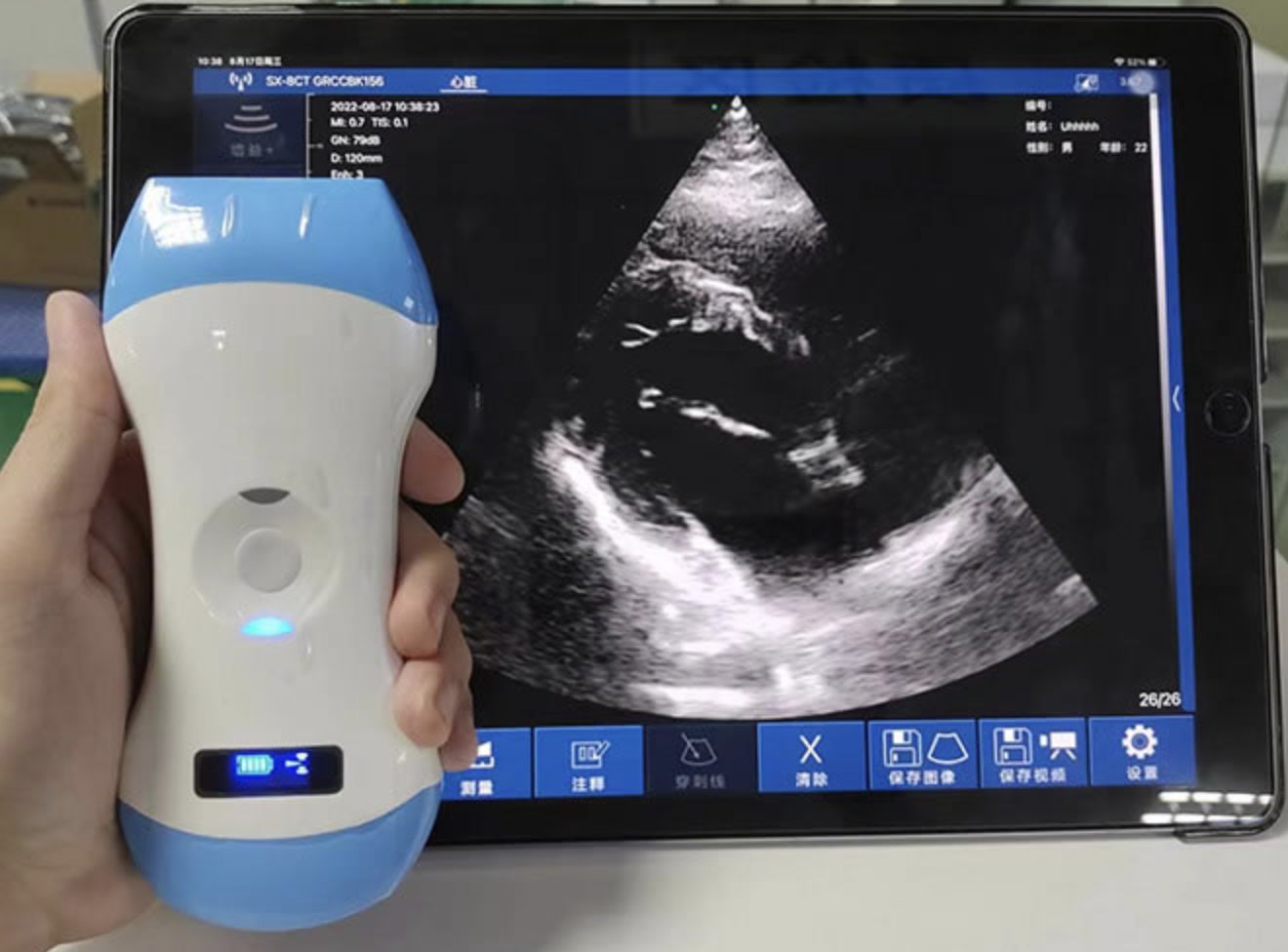Pelvic Health Physiotherapy
WHAT IS PELVIC HEALTH PHYSIOTHERAPY?
Pelvic health physiotherapy is a specific form of physiotherapy designed to improve the symptoms and management of various bladder, bowel and sexual dysfunctions for women and men.
Pelvic health physiotherapists have undergone advanced post-graduate study in this field, as it requires particular knowledge and experience to provide appropriate treatment.
HOW IS PELVIC HEALTH PHYSIOTHERAPy related to NEUROLOGICAL CONDITIONs?
Neurological conditions can cause dysfunctions of the bladder, bowel or sex organs due to disease or injury to the nervous system (brain, spinal cord or peripheral nerve). Some neurological conditions that may experience pelvic dysfunctions include: multiple sclerosis, spinal cord injury, Parkinson’s disease, stroke and many more. At Neuro Junction we specialise in the physiotherapy management of neurological conditions and the associated pelvic dysfunctions.
Neuro Junction pelvic floor physiotherapists work with bladder, bowel and sexual dysfunctions such as:
Inability to store urine (urinary frequency, urgency or incontinence)
Inability to empty the bladder on command (urinary retention)
Inability to store faeces (bowel incontinence or urgency)
Inability to hold flatus or wind (flatal incontinence)
Constipation and straining and an inability to completely empty the bowel
Pain (and other issues) with sexual intercourse and difficulty with mobility and positioning during sexual intercourse
HOW CAN NEURO JUNCTION HELP?
At Neuro Junction the pelvic health physiotherapist will guide you through a comprehensive clinical assessment, which can include:
Bladder and bowel diaries
Questionnaires for bladder, bowel and sexual function
External and internal vaginal or rectal examination
Transabdominal Real Time Ultrasound
Positioning assessments including muscle weakness, spasticity and coordination
And many more.
The physiotherapist will then provide an individualised program to assist in improving your pelvic health. Physiotherapy management may include:
Education on continence aids, voiding positioning and lifestyle
Behavioural Training including Scheduled Voiding, Urgency Suppression and Bowel Deferment Protocol
Pelvic Floor Muscle Training
Sensory and Biofeedback Training including EMG, mirror or ultrasound
Electrical Stimulation including Transcutaneous Tibial Nerve Stimulation, Transcutaneous Sacral Nerve Stimulation and Intra-Vaginal or Intra-Anal Stimulation
Manual Therapy
Referral to other health professionals (e.g., physician, nurse or occupational therapist)
And many more.


